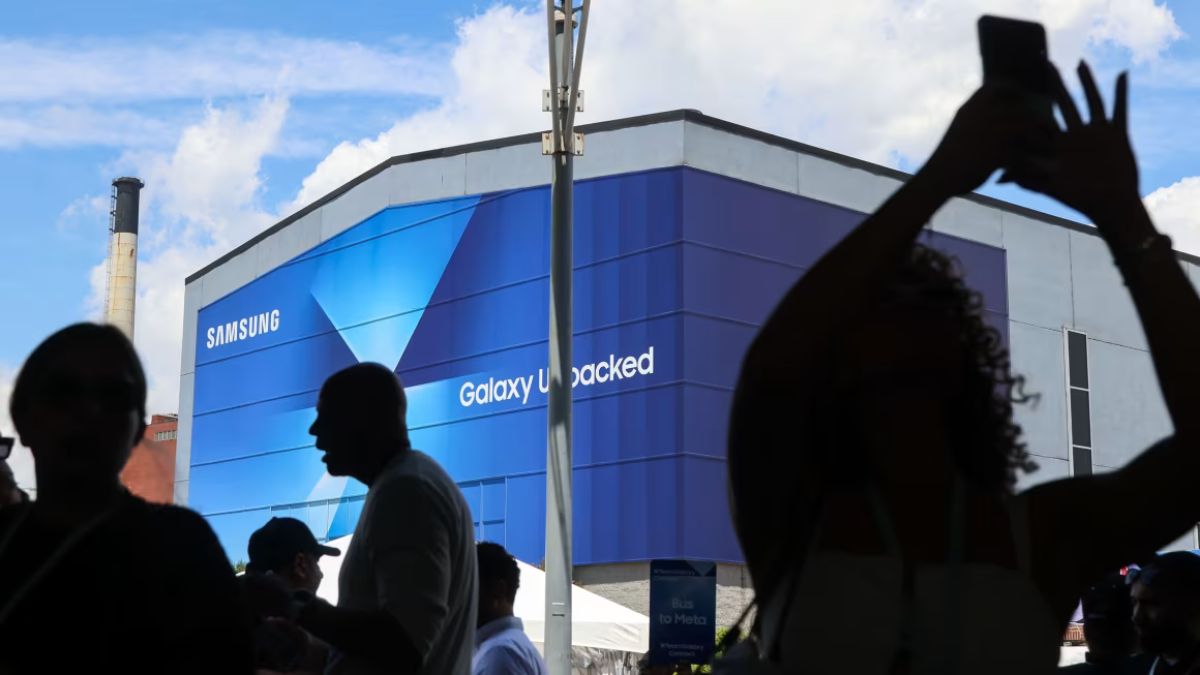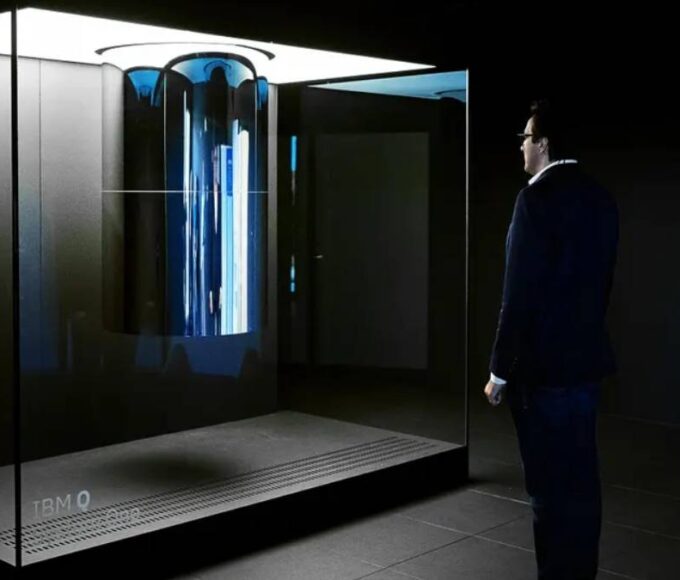Google has unveiled Project Mariner, its first AI agent capable of navigating and interacting with websites on behalf of users.
Developed by Google DeepMind and powered by its Gemini AI, this research prototype mimics human-like web interactions by moving the cursor, clicking buttons, and filling out forms.
When evaluated against the WebVoyager benchmark, which tests agent performance on end-to-end real world web tasks, Project Mariner achieved a state-of-the-art result of 83.5% working as a single agent setup. pic.twitter.com/SHROsZbL11
— Google DeepMind (@GoogleDeepMind) December 11, 2024
How Project Mariner Works
Project Mariner integrates with Chrome as an extension, adding a chat interface for users to issue commands like creating shopping carts or searching for flights.
The AI agent navigates websites in real time, but users must monitor its actions as it operates only on the active tab. Tasks like checking out or accepting cookies remain under user control, ensuring greater transparency.
While the agent performs tasks like adding groceries to a cart or researching hotel options, it processes instructions in the cloud by capturing and analyzing screenshots of browser activities. However, its pace is notably slow, with a lag of about five seconds per action.
A New Web Experience
Google envisions Project Mariner as part of a broader shift in user interaction—moving away from directly engaging with websites to relying on generative AI to handle tasks. This could significantly impact businesses reliant on web traffic, potentially reducing user engagement over time.
Jaclyn Konzelmann, Google Labs Director, calls this transition “a fundamentally new UX paradigm shift.” She highlights the need to balance user experience, publisher engagement, and agent functionality as this technology evolves.
Other AI Agent Announcements
Alongside Project Mariner, Google introduced several specialized AI agents:
- Deep Research: Creates multistep research plans to explore complex topics, available today in Gemini Advanced and expanding in 2025.
- Jules: Assists developers by integrating into GitHub workflows, currently in beta testing.
- Gaming AI Agent: Designed to navigate gaming worlds, with early testing in partnership with developers like Supercell.
What’s Next?
Project Mariner is currently available to select testers, and its public rollout remains uncertain. However, its introduction signals a potential transformation in how users and businesses interact with the web, emphasizing the role of AI as a central intermediary.










